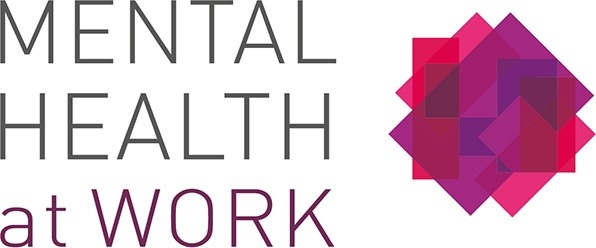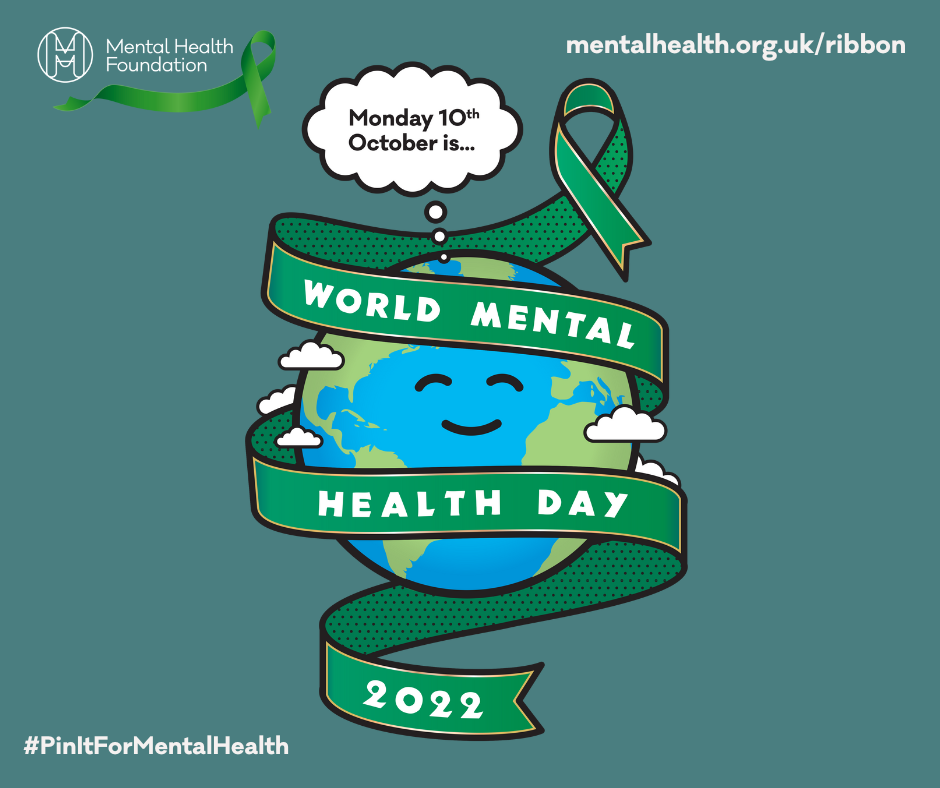When is World Mental Health Day?
World Mental Health Day is on 10th October; an event that has been running for almost 30 years, during which time openness in talking about mental health has dramatically increased. This is yet to match with investment across healthcare systems, where countries on average spend just 2% of their health budget on mental health, and in the workplace, where wellness and training budgets are often seen as discretionary.
What is This Year’s Theme for World Mental Health Day?
The theme for the year, as set by the World Federation for Mental Health is ‘Make mental health and wellbeing for all a global priority‘. calling for greater access to mental health services for all. The world has become increasingly polarised and access to mental health services remains unequal with between 75%-95% of people with mental health concerns in low and middle income countries unable to access any support. In 2021 a WHO survey revealed that only nine out of 95 countries are considering mental health and psychological safety in Policy. The workplace can support this theme by considering the impact of programmes that are currently in place to encourage employees to notice changes in both their own mental health and that of colleagues and identify any gaps.
How Can Your Business Support World Mental Health Day at Work?
Research shows that talking is good for our mental health. The Mental Health Foundation’s ‘Tea & Talk’ events are more important than ever this year, intended to be broad and inclusive, encouraging a conversation about anything. You can host your event any time you like. You can do it virtually, or meet up in a small group and even incorporate a virtual bake-off.
The money you raise for the Mental Health Foundation will help them to continue working on the mental health response to the coronavirus pandemic. So far, they have produced multiple resources on managing your mental health at this time, which have been accessed by over 1.1 million people worldwide and translated into seven different languages.
The ‘how-to’ guides around mental health are available for individuals to help them support and manage their own mental health. Click here to learn more.
Green Ribbons are a symbol of awareness and support around mental health. In purchasing them you are donating to the Mental Health Foundation, and they are equally impactful on Zoom calls as they are in the office! Click here to learn more.
If you have an Employee Interest Group or a network of MHaW Mental Health Allies®, who have a role as expert listeners and signposters, then this is an ideal opportunity to ask them to lead events around themes that have arisen during the pandemic. This could be a series of 1:1 wellbeing check-ins using a Wellness Action Plan, a programme around people who have expressed an interest in sharing their personal stories, ‘masterclass’ style events on a particular aspect of workplace mental health, guidance on how individuals can manage their own mental health and even visual installations to represent how mental health impacts your workplace.
How to Encourage Open Conversation in the Workplace
World Mental Health Day can be an opportunity to encourage open conversation and raise awareness of the signposting and support available both within and external to organisations.
This can include your Employee Assistance Programme (EAP), private healthcare, Samaritans and local Mind branch. This idea can be a focus for an event in its own right or part of a broader programme involving speakers and employees focussing on the elements of mental health support that have been important for them.
If you are holding a team meeting in October, consider starting with a wellbeing check-in, asking everyone to share how they are feeling at that moment and ban the descriptor, ‘I’m fine’. The role of the team is to listen, not offer solutions.
Mental Health Workshops for Employees
Mental Health at Work have developed a number of workshops and modules that address specific areas of concern raised over the last 18 months by clients including; Situational Anxiety, Workplace Resilience and Loneliness, all of which can be delivered on-line or face to face. These provide both understanding and context for aspects of our mental health. They also provide practical skills to help employees in the workplace and beyond, complementing our broader workplace programmes.
Furthermore, our MHaW Mental Health Allies® programme has been developed to encourage natural conversations about mental health as early as possible, before they become an issue or crisis, through establishing a network of trained resources, available to listen and signpost, when and where it is needed in your workplace.
Please get in touch if you would like to find out more about how we can support your organisation.
How Covid-19 Has Affected Mental Health in the Workplace?
The impact of the Pandemic over the past 2 years has had a detrimental effect on the mental health of millions of employees worldwide. The introduction of remote working with subsequent social isolation, the concerns that followed around returning into the workplace and the financial burden of lockdowns have all been challenges that many employees have had to overcome. World Mental Health Day provides us with an opportunity to reflect and consider what actions and activities might support employees in addition to ongoing programmes.
Make a Difference in Your Workplace with Mental Health at Work
The critical message for the workplace is that, more than ever before, we need to know our colleagues better, so that we can notice changes, even virtually, which might indicate a move away from mental health for them. The kindness of starting that conversation might make a difference and lead to the signposting and support that is needed; or the conversation itself might be enough. If we are to get to know our colleagues, it is the conversation that is important, and it can be about anything. For many, working remotely has meant that it is often more difficult to notice any differences; being aware and conscious of changes in employees such as physical appearance, being withdrawn, not participating in work discussions as normal. Looking out for such changes and encouraging conversations will greatly help. Be aware of presenteeism, which it is estimated is costing around £15.1 billion per year in the UK. This is where employees may be physically present at work but are not functioning as they should, or being productive. Is your workplace facilitating presenteeism by certain expectations/behaviours?
Considerations of all of these factors can greatly improve the well-being culture in your business.

